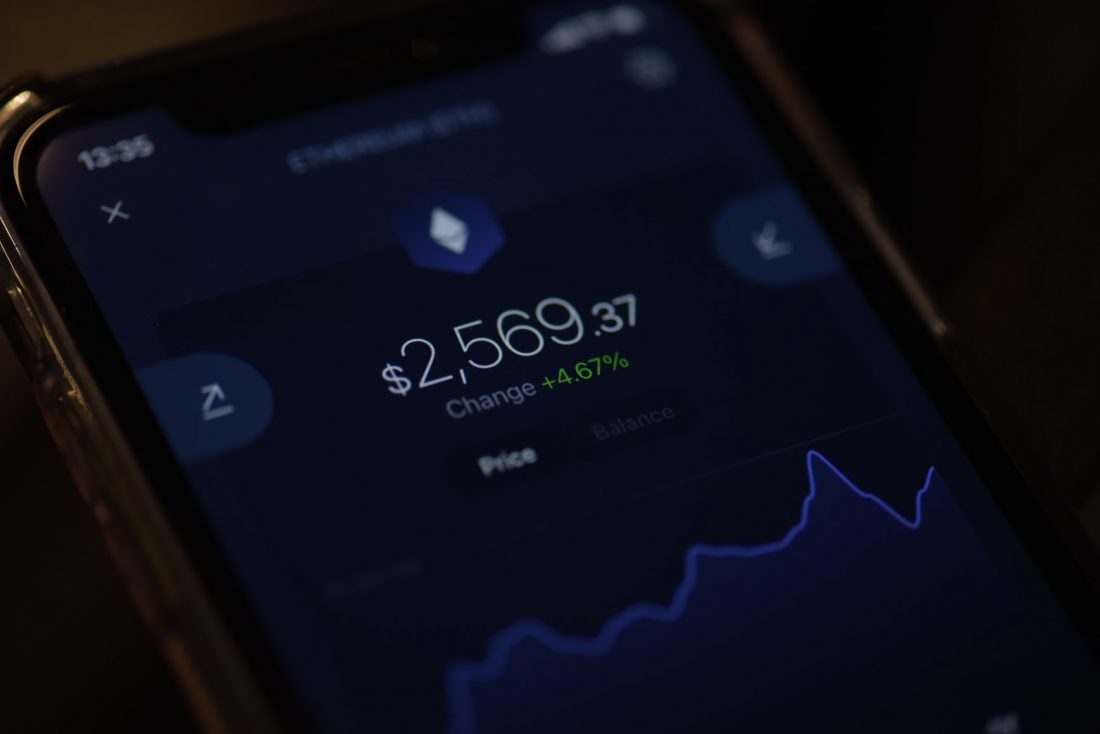
We will focus on the similarities and differences between digital and fiat currencies. Both crypto and fiat currencies can be used to purchase goods and services, invest, save, and even play in online casinos. Fiat, which is an everyday asset, has been recognized by the state for as long as it concerns our century. The Paper version of money was introduced in Europe by the 17th and 18th centuries. France and Sweden took to the forefront of such an effort. These experiments proved mostly ineffective and the introduced currencies soon depreciated. Citizens preferred to use coins made from precious metals for calculating purposes. The gold standard was popularised in the 19th century. It was adopted for the first time in Great Britain in 1821. In 1871, Germany joined the union. Sweden joined in 1873. It was supported by nearly all the major countries over the next few years. Because paper banknotes were easily convertible into gold upon demand, the gold standard allowed for easy conversion of them to gold. The situation was drastically changed by the First World War. Many began to prefer fiat money because of the high costs of military operations in other countries. In the 70s of the last century, the United States stopped allowing the conversion of dollars to gold, arguably betraying all the other European countries who had trusted in the US’s banks. By the start of the 2000s; with the introduction of WEB 2.0; many creators had the dream of creating a decentralized currency independent of governmental regulations. The dream came true and Cryptocurrencies were officially born in 2009 with bitcoin being the Leader. Ethereum, Litecoin, and other digital currencies were soon followed. There are more than one and a half thousand cryptocurrencies currently in circulation.
The legislators are not treating cryptocurrencies lightly at the moment. Regulators in many countries are still deciding their approach on such a subject. Fiat money is basically more preferred by governments knowing they control it wholly; banknotes, circulating supply, etc. Cryptocurrencies, which are based on blockchain technology, only exist digitally and have no physical counterparts. Each country’s Fiat currency is unique and is issued by the state. Cryptocurrencies are global currencies that have been created through a process called mining. They don’t have political or geographical borders. The most widely used digital currency is Bitcoin. Fiat currencies can be subject to inflation and may become unstable over time, as their issue isn’t restricted by any framework. Many digital currencies come with an issue limit. For example, Bitcoin will have 21,000,000 coins. They will increase in value, and won’t be affected by inflation. Large financial institutions are starting to back cryptocurrencies. Because of the involvement of a third party in regular transactions, sending or receiving fiat money through banks can prove costly. However, cryptocurrencies can be sent directly to the recipient with no intermediaries. However, this method has its pros and cons. If the recipient is suspicious, we can notify the bank and they will likely return the money to us. Even if money was sent to the wrong account, this applies. With cryptocurrency systems, this is impossible. Transactions without intermediaries are irreversible. Reliance on the word of honour of the recipient and attentiveness is all that can be trusted. Fiat currencies should be kept safe at financial institutions. It can be kept at home under a mattress or in a safe if we aren’t sure about third parties. On the counter-part, you can create your own cryptocurrency wallet or store place. These can be saved on the computer or Internet. You can also store your digital currency using hardware devices. The security and integrity of digital currency usually have very strict policies in which there is a big chance that you can’t retreat them. You can use specialised exchange services to exchange digital currency for fiat or vice versa. Is Bitcoin going to replace fiat money?
This question is difficult to answer today. Bitcoin is still in its initial stages of development. It still faces many challenges, including slow transaction speed and high volatility. Nonetheless, it is currently being mass adopted, with Jack Dorsey, the founder of Twitter, and Steve Wozniak (the Apple co-founder), being optimistic that bitcoin will become a mainstream payment method in the near future.